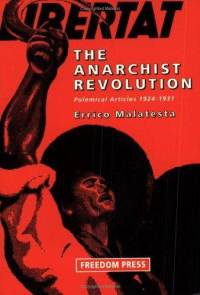
In this new title in Verso’s Pocket Communism series, Jodi Dean unshackles the communist ideal from the failures of the Soviet Union. In an age when the malfeasance of international banking has alerted exploited populations the world over to the unsustainability of an economic system predicated on perpetual growth, it is time the left ended its melancholic accommodation with capitalism.
In the new capitalism of networked information technologies, our very ability to communicate is exploited, but revolution is still possible if we organize on the basis of our common and collective desires. Examining the experience of the Occupy movement, Dean argues that such spontaneity can’t develop into a revolution and it needs to constitute itself as a party.
An innovative work of pressing relevance, The Communist Horizon offers nothing less than a manifesto for a new collective politics.















































